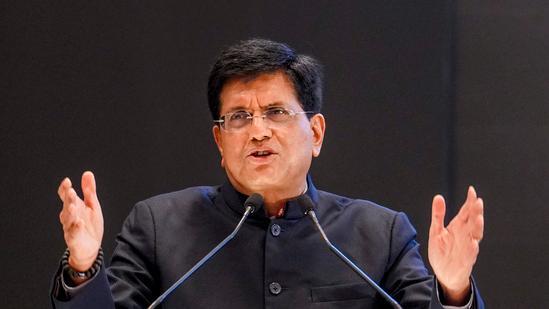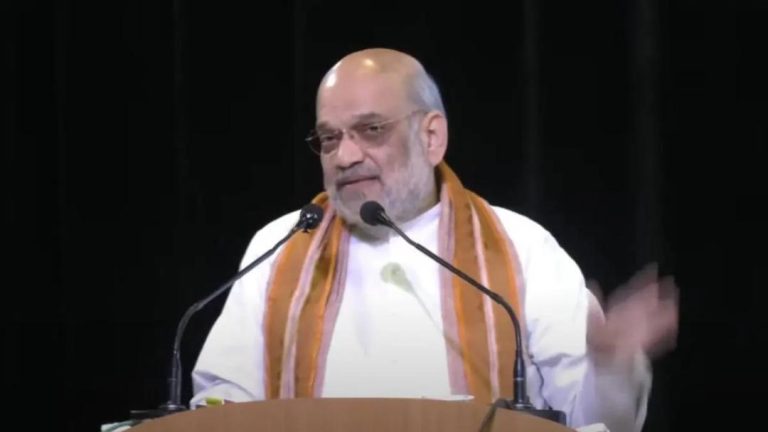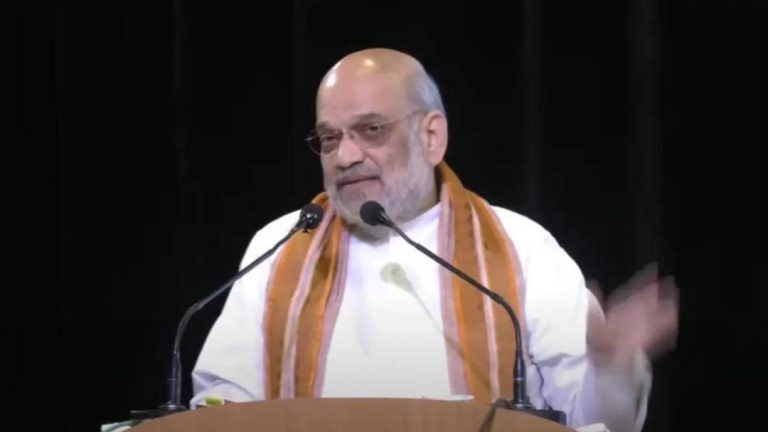
India Handling Reciprocal Tariffs Issue Wisely: Piyush Goyal
In a recent statement, Commerce Minister Piyush Goyal expressed confidence that India is handling the issue of US reciprocal tariffs wisely. The statement comes as India and the US are currently engaged in negotiations for a bilateral trade deal aimed at increasing their trade from the current $191 billion to $500 billion by 2030. This ambitious target represents a significant increase of 25 times, underscoring the importance of this deal for both nations.
Goyal’s statement is a reflection of India’s growing confidence in its ability to navigate the complex web of international trade agreements and negotiations. The country has made significant strides in recent years, including the signing of the Regional Comprehensive Economic Partnership (RCEP) with 15 other countries, and the commencement of negotiations with the European Union for a free trade agreement.
The reciprocal tariffs issue refers to the imposition of tariffs by the US on Indian goods, such as steel and aluminum, in response to what it perceives as unfair trade practices by India. India has, in turn, imposed retaliatory tariffs on a range of US goods, including apples, almonds, and walnuts. The two countries have been engaged in a tit-for-tat tariff war, with both sides refusing to back down.
However, in recent months, there have been signs of a thaw in the relations between the two countries. The US has reportedly indicated its willingness to reduce or eliminate some of its tariffs on Indian goods, while India has also shown a willingness to cut its tariffs on certain US products.
Goyal’s statement suggests that India is taking a pragmatic approach to the negotiations, focusing on finding mutually beneficial solutions rather than simply digging in its heels. “India was already ahead in this race, and our discussions are making good progress,” he said. This approach is likely to be welcomed by the US, which has been pushing for a more constructive dialogue with India on trade issues.
So, what are the key issues that India and the US need to resolve in order to achieve their ambitious trade target? One of the key areas of contention is the issue of market access. The US has long been critical of India’s restrictions on foreign investment, including caps on foreign ownership in certain sectors such as insurance and defense. India, on the other hand, has been pushing for greater access to the US market, particularly in areas such as agriculture and textiles.
Another key issue is the issue of intellectual property rights. The US has been critical of India’s patent laws, which it perceives as being too restrictive. India, on the other hand, has been pushing for greater flexibility in patent laws, particularly in areas such as pharmaceuticals and biotechnology.
Despite these challenges, there are several areas where India and the US can cooperate to achieve their trade targets. One of the key areas is the digital economy. The US is a global leader in digital technology, while India has a large and growing digital economy. A free trade agreement could help to facilitate greater cooperation and investment between the two countries in this area.
Another area of cooperation is the area of clean energy. The US and India have both made significant commitments to reduce their greenhouse gas emissions, and a free trade agreement could help to facilitate greater cooperation and investment in this area.
In conclusion, Piyush Goyal’s statement suggests that India is handling the issue of US reciprocal tariffs wisely. The country is taking a pragmatic approach to the negotiations, focusing on finding mutually beneficial solutions rather than simply digging in its heels. While there are still several challenges to be resolved, there are also several areas where India and the US can cooperate to achieve their ambitious trade targets.
Source:




